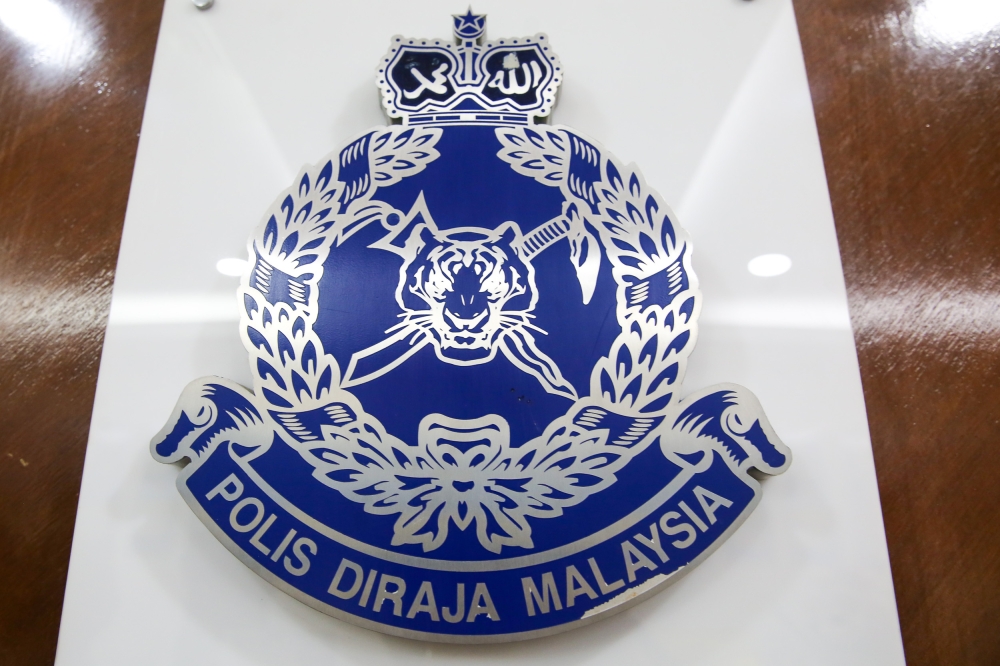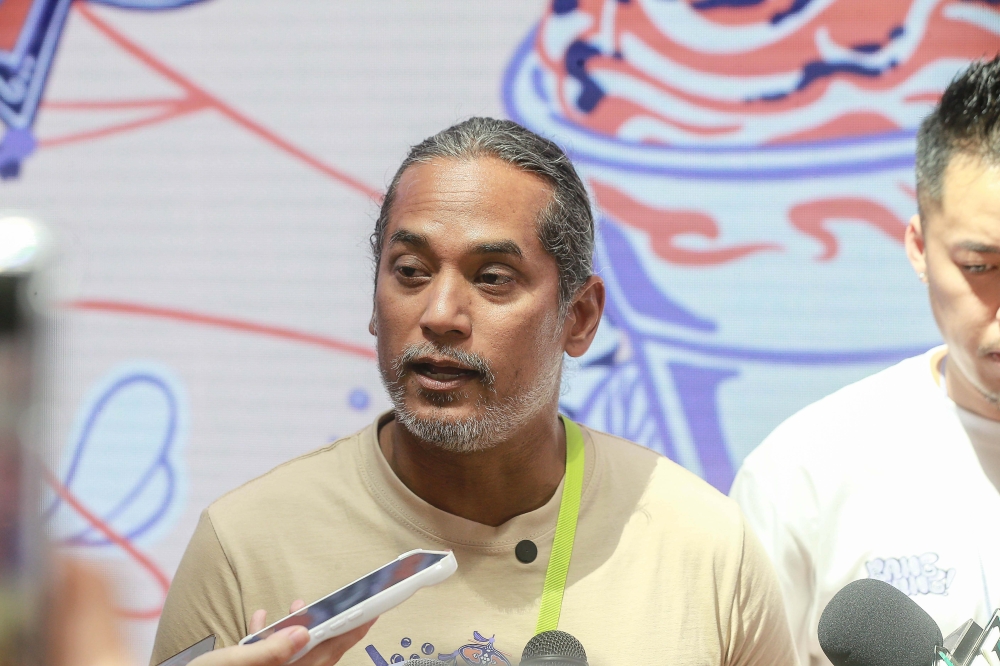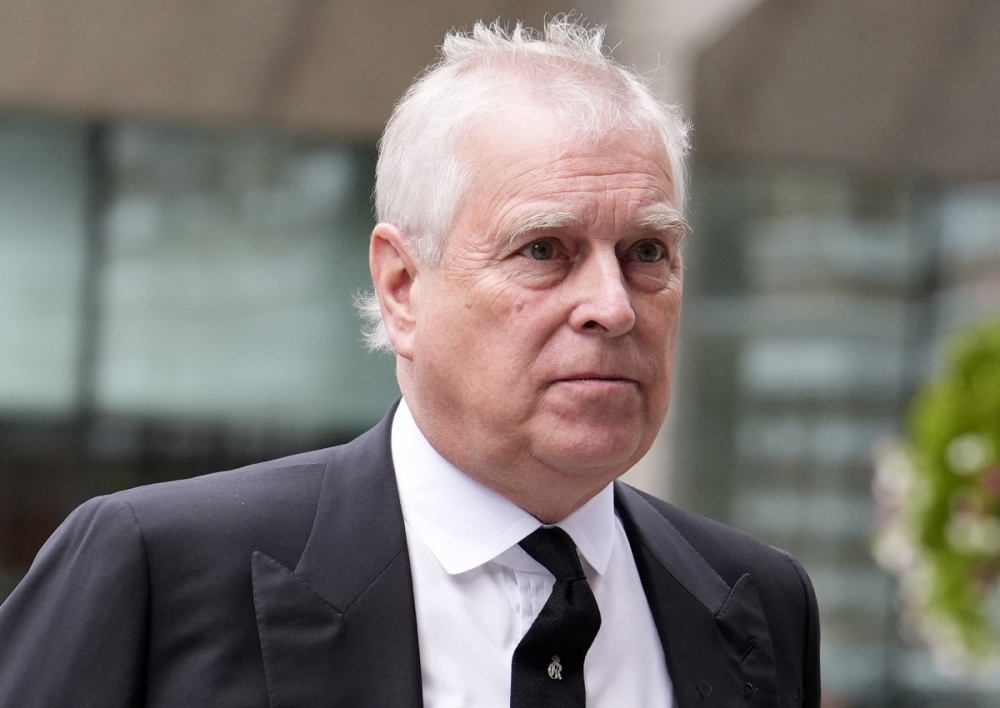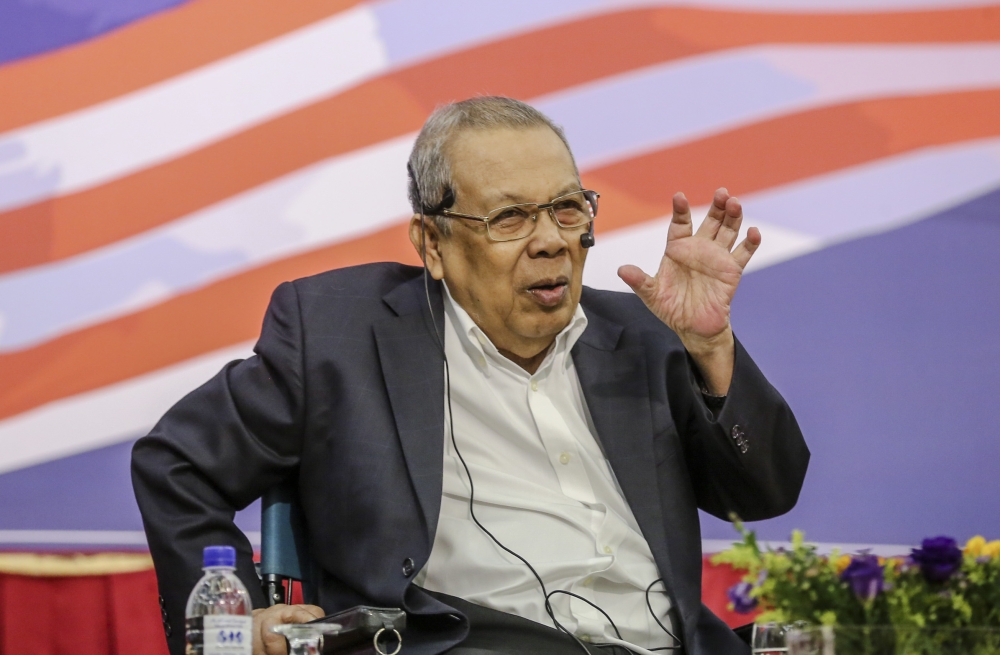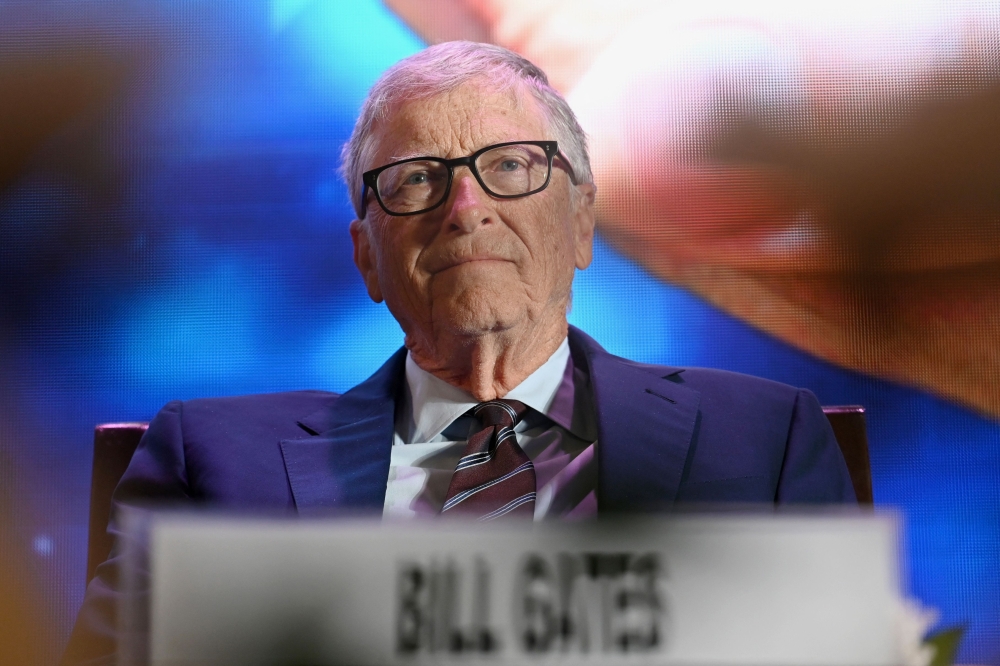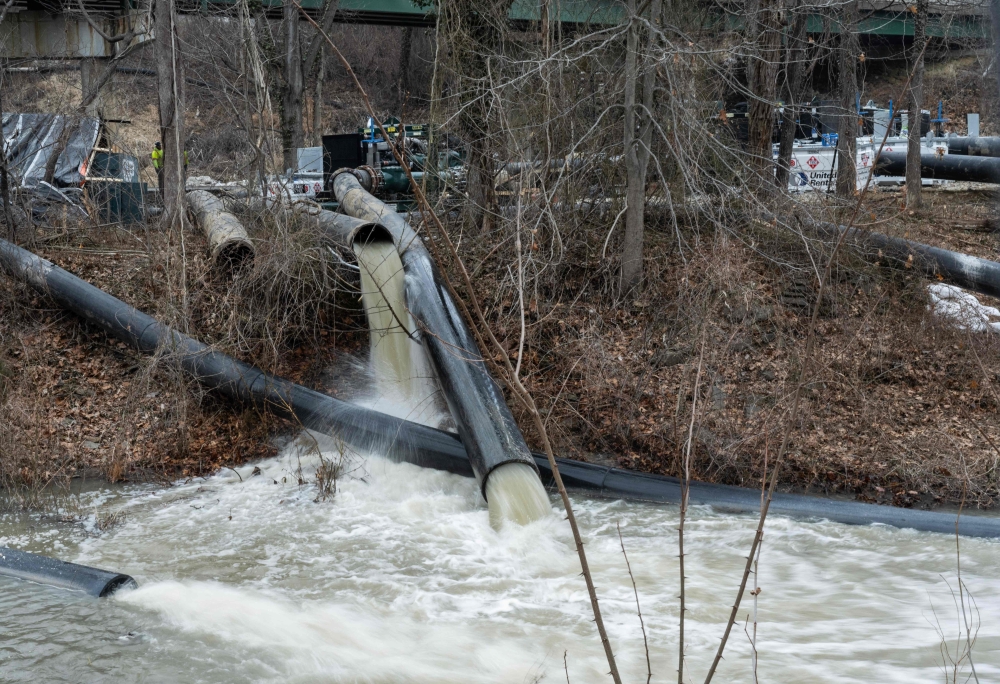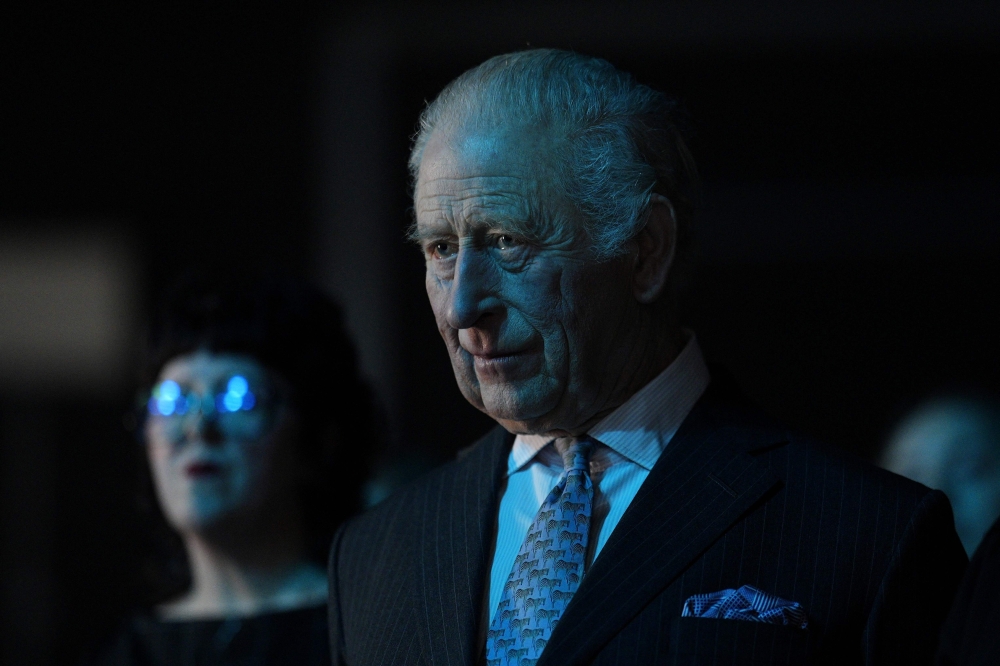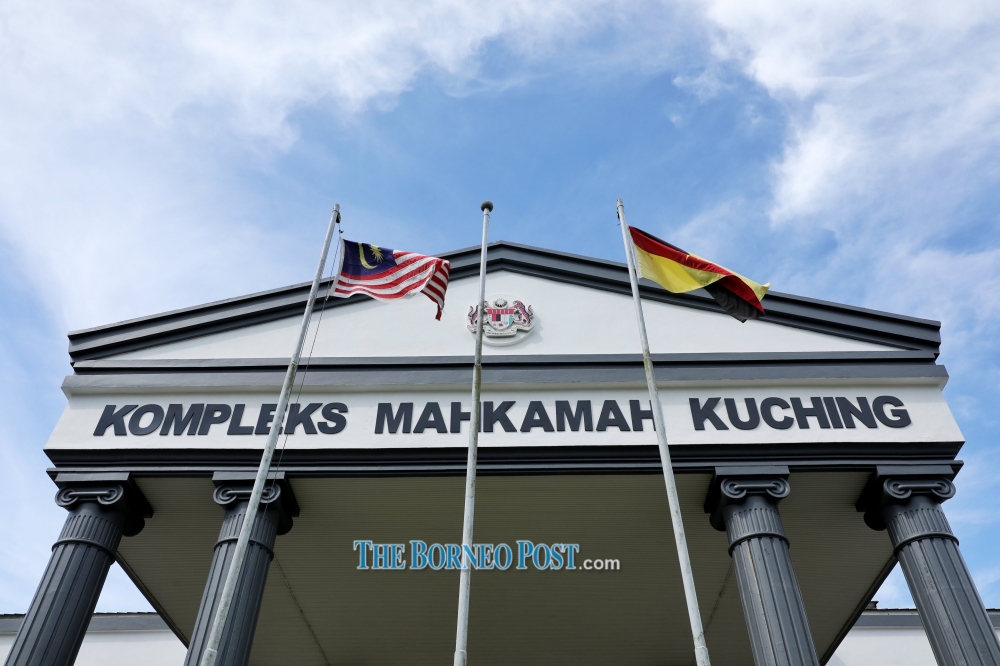KUALA LUMPUR, May 20 — Johor Menteri Besar Datuk Onn Hafiz Ghazi thinks the federal government should consider reimplementing the Goods and Services Tax (GST) which was withdrawn in 2018 by the then Pakatan Harapan (PH) administration under Tun Dr Mahathir Mohamad.
In his winding-up speech at the Johor legislative assembly sitting yesterday, Onn Hafiz said many assemblymen had raised concerns about the coming effect of the planned subsidy rationalisation exercises, especially fuel prices, as it affected their constituents, The Star reported today.
“Before making a decision, the state government hopes that the Federal Government will consider reimplementing the GST as an additional source of income to support the people.
“This is also in line with the views given by economic experts who stated that GST is the best taxation system for a country,” he was quoted as saying.
He said the Johor government is also concerned about “the domino effect and increase in inflation when this subsidy rationalisation is enforced” but is confident that it would not burden Malaysians as promised by Prime Minister Datuk Seri Anwar Ibrahim.
The GST was implemented on April 1, 2015 at a rate of 6 per cent by the Barisan Nasional federal government then led by Datuk Seri Najib Razak.
In his speech, Onn Hafiz also announced a 39.5 per cent dip in Johor’s number of hardcore poor from 4,378 people to 2,647 people, following the set-up of a task force to review the issue last year.
He said the state government had allocated RM269 million to the state Welfare Department and RM388 million to the state Islamic Religious Council in 2023 to help those in need.
Onn Hafiz said the task force discovered various issues during the updating process, including those who were ineligible to get aid, but still received it.
He added that some of the people listed in the data have even passed away and there were others who turned down assistance because they believed they were unqualified.
As example, he said that in his Machap state constituency, only seven of the 20 heads of households qualified as hardcore poor.
“Why and how can this happen? Those who are not qualified are given assistance, while those who deserve it are still hoping and looking forward to it.
“I am asking for the good service of the elected representatives to review the existing data, go to the ground and identify if there are more families in their respective areas that need help.
“Treat them with the same level of care and responsibility as you would your own family members,” he was quoted as saying.



